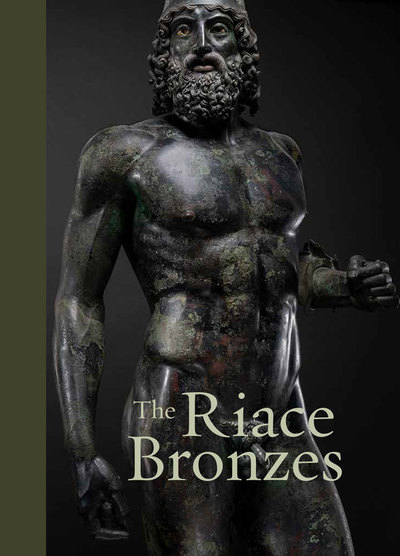Nous utilisons des cookies pour améliorer votre expérience. Pour nous conformer à la nouvelle directive sur la vie privée, nous devons demander votre consentement à l’utilisation de ces cookies. En savoir plus.
THE RIACE BRONZES - ILLUSTRATIONS, COULEUR
Cinq Continents - EAN : 9791254600139
Édition papier
EAN : 9791254600139
Paru le : 21 oct. 2022
40,00 €
37,91 €
Disponible
Pour connaître votre prix et commander, identifiez-vous
Notre engagement qualité
-
 Livraison gratuite
Livraison gratuite
en France sans minimum
de commande -
 Manquants maintenus
Manquants maintenus
en commande
automatiquement -
 Un interlocuteur
Un interlocuteur
unique pour toutes
vos commandes -
 Toutes les licences
Toutes les licences
numériques du marché
au tarif éditeur -
 Assistance téléphonique
Assistance téléphonique
personalisée sur le
numérique -
 Service client
Service client
Du Lundi au vendredi
de 9h à 18h
- EAN13 : 9791254600139
- Editeur : Cinq Continents
- Date Parution : 21 oct. 2022
- Disponibilite : Disponible
- Barème de remise : NS
- Nombre de pages : 116
- Format : 1.50 x 24.80 x 34.20 cm
- Poids : 1.184kg
- Résumé : The fourth volume in our “Hidden Treasures” series is dedicated to the Riace Bronzes, two of the very few ancient bronze statues that have survived to this day and now preserved in the National Archeological Museum in Reggio Calabria. This publication was designed to celebrate the fiftieth anniversary of their discovery. In it, Luigi Spina’s photographic research dialogs with the texts written by Carmelo Malacrino. The photographer here develops a continued narrative, offering a direct comparison between the two sculptures, identified as A and B, exploring interpretations of the physicality of the two subjects as well as the three-dimensional quality of the bronze bodies, often concealed by the two-dimensional appearance of photographic images. Carmelo Malacrino and Riccardo Di Cesare analyse these famous 5th century BC masterpieces from two points of view: as ancient works of art on the one hand, and considering their significance for contemporary culture on the other. He retraces the story of the Bronzes beginning with their discovery in August, 1972, exploring the circumstances of their unearthing, the restoration they underwent, the exhibitions in which they were shown, as well as the impact they have had on the public, both nationally and internationally. Equally relevant is the reinterpretation of these two statues, beginning with their contextualization in the sphere of ancient Greek art, the related stylistic issues, and the reflection upon the practices and the knowledge possessed by Classical sculpture workshops. This volume will be a pleasant surprise for those of you who love Classical sculpture, for archaeology enthusiasts, and for all those who aren’t satisfied with a quick glance when it comes to admiring a work of art.

